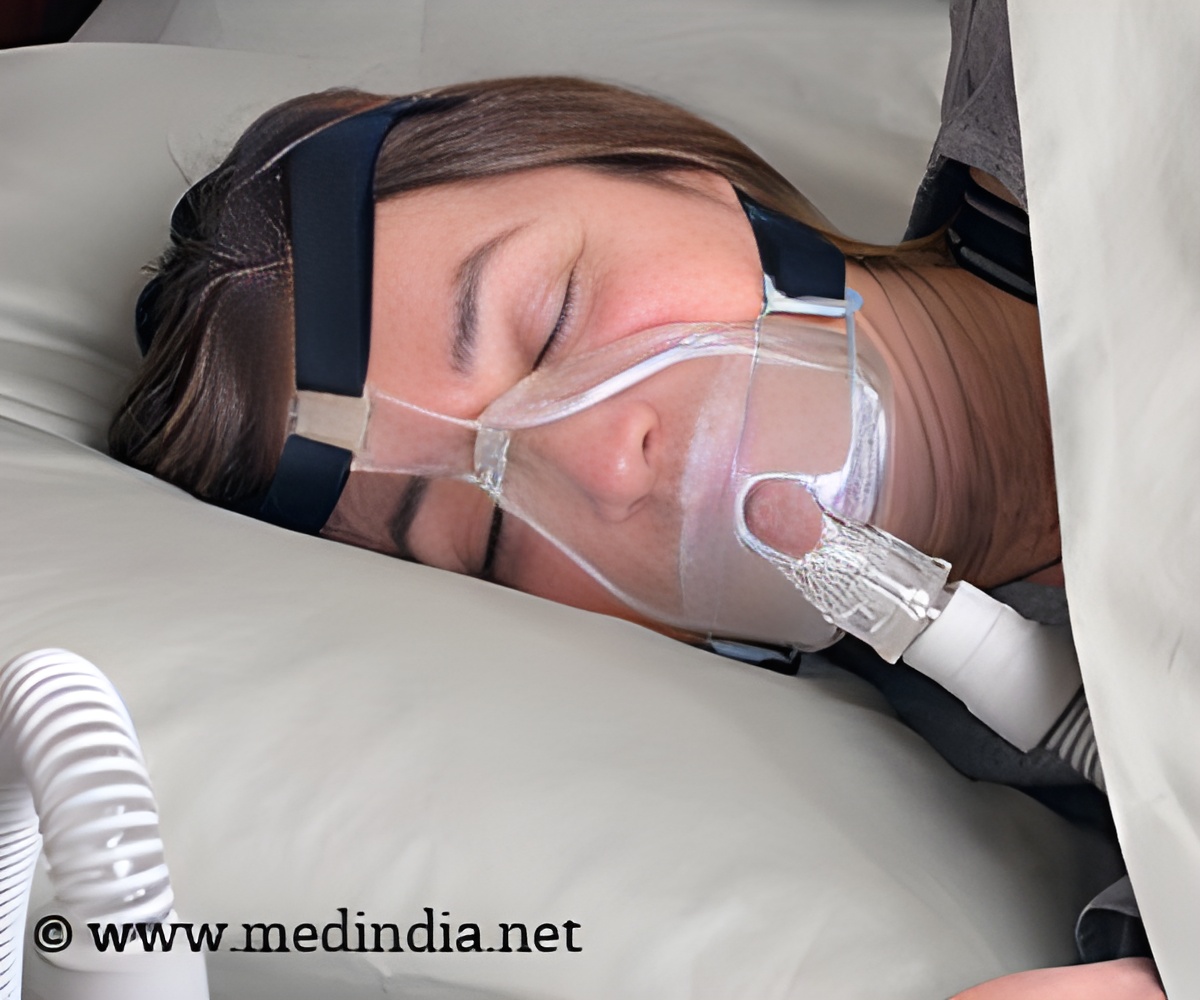Sleep apnea can worsen cancer by promoting growth of blood vessels in the tumor due to hypoxia or low oxygen levels.

Recent studies have indicated that patients with cancer may have worse outcomes if they suffer from sleep apnea. Since the exact mechanism is not known, researchers attempted to explore the mechanism via animal studies. They conducted the experiment on mice with kidney tumors. They altered the oxygen levels that the mice were exposed to, to create a condition similar to the periods of hypoxia experienced during sleep apnea.
The researchers found that mice that were exposed to intermittent periods of hypoxia had increased vascular progenitor cells and endothelial cells. These cells may contribute to formation of blood vessels. Also, the levels of a hormone called vascular endothelial growth factor (VEGF) in the blood were increased. This hormone also promotes the formation of blood vessels. Increased blood vessel formation within the tumor supplies more blood with oxygen and nutrients to the tumor and helps it to grow.
The researchers do caution that the study was carried out in mice and therefore the results may not be directly applicable to humans. However, it does provide possible clues about how sleep apnea can worsen cancer. Further studies may be able to extrapolate the findings to humans. Till then, it may be advisable to treat sleep apnea wherever possible, irrespective of whether the patient suffers from cancer or not.
References:
- http://eaumunich2016.uroweb.org/
- http://www.nhlbi.nih.gov/health/health-topics/topics/sleepapnea















